Until fractures in the Republican party started bringing the down-ballot races into the spotlight, they spent this election year largely ignored by the political press, and unable to capture popular interest. Although congressional primaries can rightly be considered the “neglected stepchildren of American elections,” [1] they nevertheless reveal a great deal about partisan ideology and political discourse. In this cycle’s congressional primaries, aggregating candidate position-taking reveals why the two major political parties have had some difficulty coming to compromise: the two parties don’t even talk about the same issues.
In the 2016 Primaries Project we logged over 1,700 congressional primary candidates across 49 states with attention to their demographic characteristics and performance at the polls. We also tracked 19 different issue positions for each candidate according to stated positions listed on his or her campaign website.[2]
Across the 924 Republicans and 796 Democrats, there was little in common regarding what issues the candidates from each party mentioned.[3] As Figure 1 illustrates, only the Affordable Care Act overlaps the top-five most mentioned issues for both Republicans and Democrats. Apart from that, Republicans and Democrats campaigned on very different issues during the 2016 election cycle. As the figure shows, the five most mentioned issues for Democrats were the Affordable Care Act, Social Security, Education, the Minimum Wage, and Climate Change. For Republicans, however, these issues were Taxes, Obamacare, Immigration, the National Debt, and Guns. Without examining the candidates’ issue positions on these topics (which we discuss at length in our forthcoming report), the issues the candidates chose to discuss reveal Democrats and Republicans are engaging in very different conversations on the campaign trail.
We can also examine least discussed issues. Republicans didn’t weigh in on minimum wage or campaign finance reform (both mentioned by fewer than 5 percent of candidates). Meanwhile Democrats hardly discussed the Syrian refugee crisis or investigating the attack in Benghazi, Libya (both mentioned by fewer than 6 percent of candidates).
Minimum wage is particularly noteworthy as it is among the top five issues for Democrats yet among the lowest two issues for Republicans. There is a 36 point difference between the percentage of Democrats mentioning the issue and the percentage of Republicans mentioning the issue. However, the two issues with the greatest differentials are the National Debt and Business Regulations—both at nearly 40 point differences, with Republicans mentioning them far more often than Democrats.
Another noticeable difference across the two major political parties are the relative levels of issue consensus within each party. On the one hand, Republicans are in striking lockstep with regard to the issues they choose to mention. Seven different issues are mentioned by over half of all of the primary candidates (the top five issues noted above, plus business regulations and abortion). On the other hand, Democrats in congressional primaries were comparatively in disarray, despite there being over a hundred more Republicans running in congressional primaries. For Democrats, only two issues (the Affordable Care Act and Social Security) were addressed by over half of the candidates.
Still, issue mentions only tell part of the story. The Primaries Project Paper will further explore candidate positions about these issues as well as a host of other topics, including evidence about the demographic characteristics of these candidates and how they performed at the polls. Stay tuned.
[1] https://www.brookings.edu/blog/fixgov/2014/03/19/the-primaries-project-the-future-of-american-politics/
[2] Those issues include the Affordable Care Act, Minimum Wage, Taxes, Business Regulations, the National Debt/Deficit, Social Security, Criminal Justice Reform, Immigration, Gun Control, Abortion, Same-sex Marriage, Climate Change, K-12 Education Reform, Campaign Finance Reform, Terrorism Abroad, NSA Reform, further investigation into Benghazi, and Defense Spending.
[3] A mention would be a 1,2, or 3 according to 18 of the issues or a 1 according to the Syrian refugee question.
The Brookings Institution is committed to quality, independence, and impact.
We are supported by a diverse array of funders. In line with our values and policies, each Brookings publication represents the sole views of its author(s).

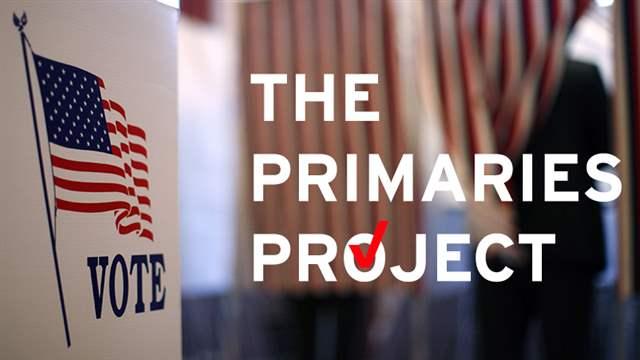
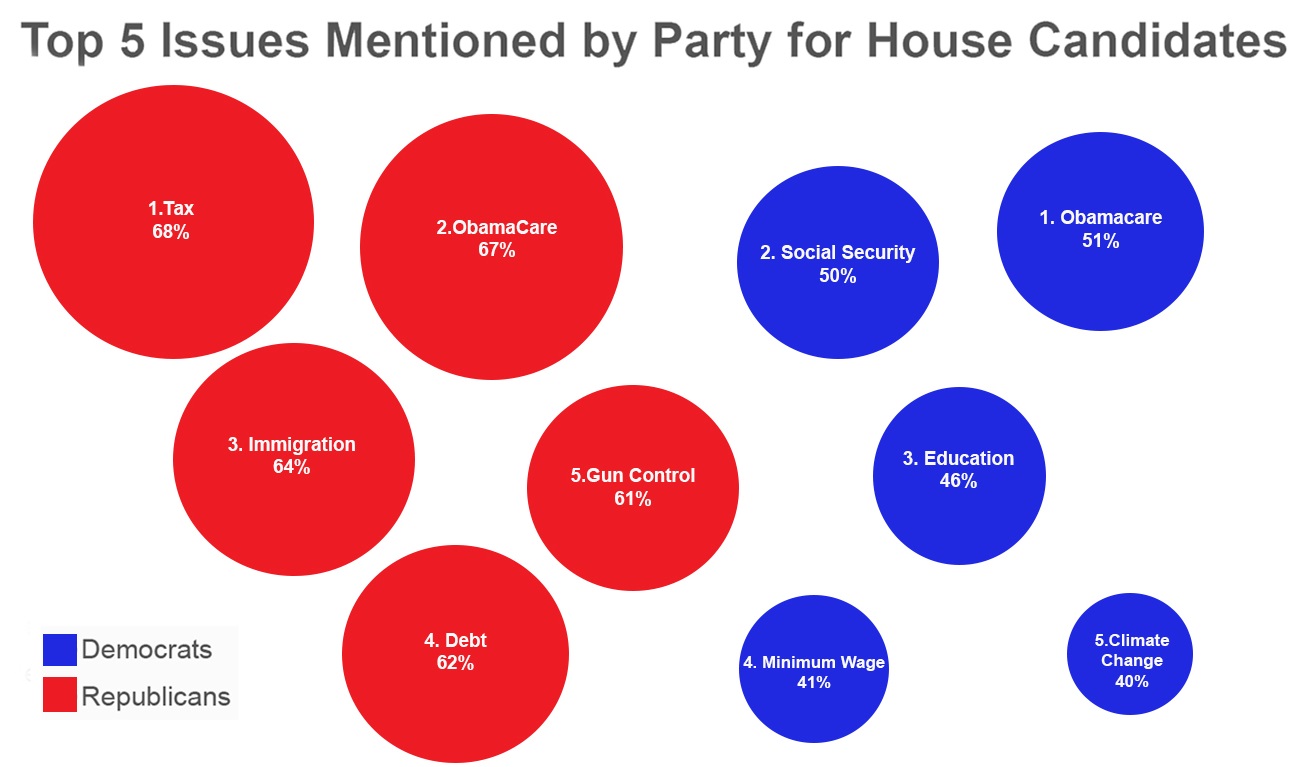
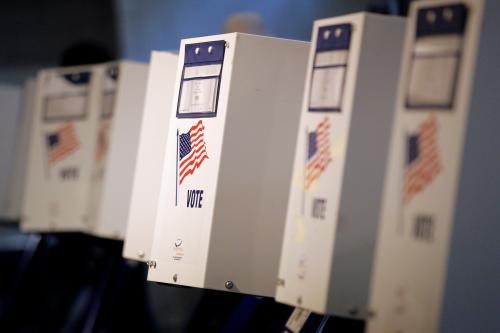
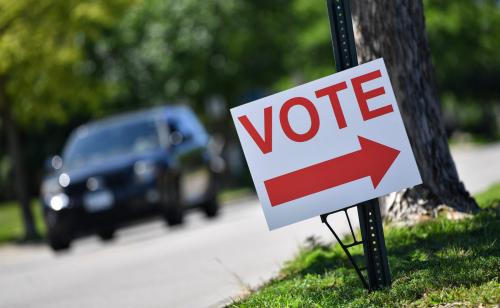
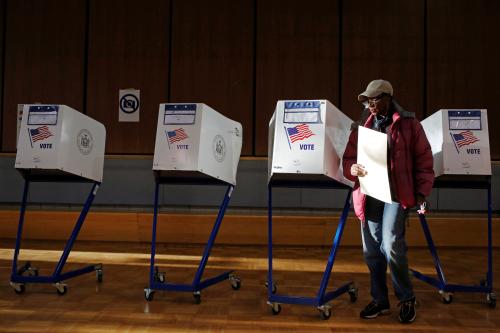
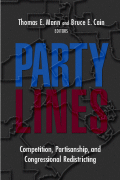
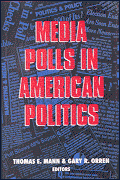




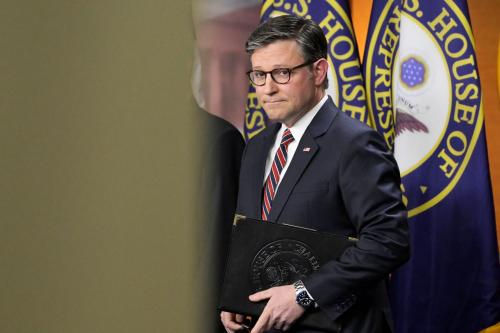
Commentary
The Primaries Project: Candidates in the two political parties don’t talk about the same issues
October 21, 2016